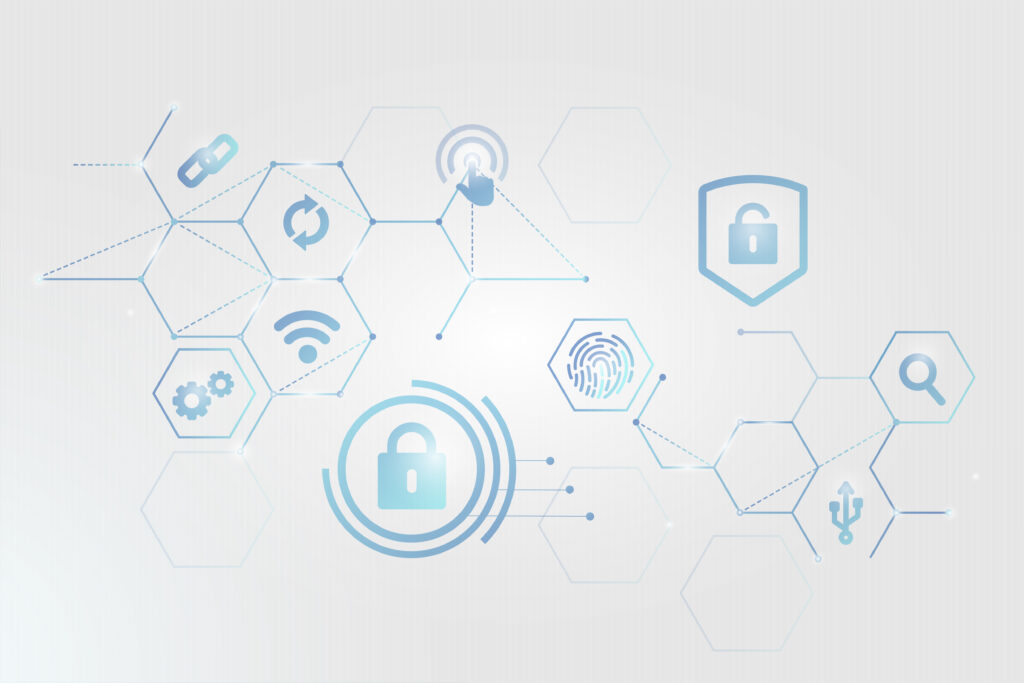What is SOC? And Why Is It A Must For Your Business?

What is a SOC? A Security Operations Centre is a team of IT security professionals that guards your organisation against any number of cyber threats that might attack your servers, networks, operating systems, applications, endpoint devices or databases. Your SOC will detect, monitor, analyse and investigate cyber threats of all kinds, serving to protect your organisation against any kind of IT security incident.
Almost every IT system functions all year round, 24/7. This means that your cyber security protection system must operate in the same way. Your SOC will need to be alert round the clock with a team that works in shifts, ensuring a quick and effective response to cyber-attacks as they happen. SOC teams often work in collaboration with individuals or teams from your other departments and, if necessary, with other third-party IT security providers.
Why you need a Security Operations Centre – protecting sensitive data
Cyber-criminal activity can (and does) affect organisations of all sizes, highlighting the need for a dedicated SOC. Sometimes this activity becomes apparent immediately – for example, your processes start to malfunction. In other cases, the evidence of a cyber-attack remains hidden for a long period. Your IT people may lack the skill or technology to identify and respond to such attacks. A typical case was Yahoo!, whose accounts were hacked for many years without them being aware.
You need a SOC because it will give you a closer view of your cyber environment, enabling your systems and data to remain safe from cyber-attack.
Before setting up a SOC, your organisation needs to develop an overarching cyber security strategy that matches your business objectives and challenges. Your SOC will be instrumental in helping you to set this up.
What are the benefits of a SOC? Asserting your organisation’s security posture
When you set up with your SOC, you’ll enjoy many benefits, including:
- Continuous monitoring and analysis of your system activity
- Enhanced incident response
- Quicker response to any IT security incident
- Reduced downtime
- Centralisation of hardware and software assets, resulting in a more holistic, real-time approach to IT security
- Effective collaboration and communication
- Reduction of consequential costs of cyber security incidents
- Enhanced trust of employees and customers towards your organisation
- Greater control and transparency over security processes
- Setting out your organisation’s security posture for the benefit of all stakeholders
How does a Security Operations Centre work?
The principal purpose of a SOC is to deliver secure, reliable monitoring and alerting. This includes the collection and analysis of data to identify suspicious activity and improve your organisation’s security.
When a cyber-attack occurs, the threat data is collected from firewalls, intrusion detection systems, intrusion prevention systems, Security Information and Event Management (SIEM) systems and threat intelligence. SOC team members instantly receive alerts the moment abnormal trends, discrepancies or other indicators of compromise are identified.
The SOC analyses your technology infrastructure for abnormalities 24/7/365. It employs both reactive and proactive measures to guarantee that irregular activity is quickly identified and dealt with. The SOC uses behavioural monitoring of suspicious activity to minimise false positives.
Maintaining Activity Logs
Even when cyber-threats are not current, the SOC team log all activity and communications. These logs allow them to check back and identify any past actions that might have caused a cyber security breach. Log management also sets a baseline for what should be regarded as normal activity.
Alert Ranking
Not all security incidents are the same. Some are more severe and pose a greater threat than others. By allocating severity ranking, your SOC team prioritise the most severe alerts.
Incident Response
SOC teams perform incident response the instant a compromise is discovered.
Root Cause Investigation
Following an incident, where necessary, the SOC will investigate when, how and why it took place. During the investigation, the SOC relies on log information to track the root problem and consequently prevent a recurrence.
Compliance Management
The SOC team members are obliged to act according to your organisational policies, industry standards and regulatory requirements.
Who works in a Security Operations Centre?
Your SOC will be made up of highly skilled security analysts and engineers, along with supervisors who ensure everything is running smoothly. These professionals are specifically trained to monitor and manage security threats. Not only are they skilled in using a variety of security tools, but they also understand which processes to follow in the event of a cyber-security attack.
Adopting a SOC – essential security for medium-large businesses
Hackers are becoming ever more sophisticated at getting their hands on business data and threatening organisations with ransomware. Thousands of new viruses and malware are being generated every single day. The critical question is whether it’s feasible for your business to implement and maintain an in-house SOC. In most cases, even large enterprise-level organisations prefer to outsource this responsibility due to the complexity, time, and expense involved in independently undertaking this aspect of cybersecurity.
As cyber-criminals become cleverer and more determined to attack your organisation’s infrastructure, the need for robust layers of security become increasingly paramount.


